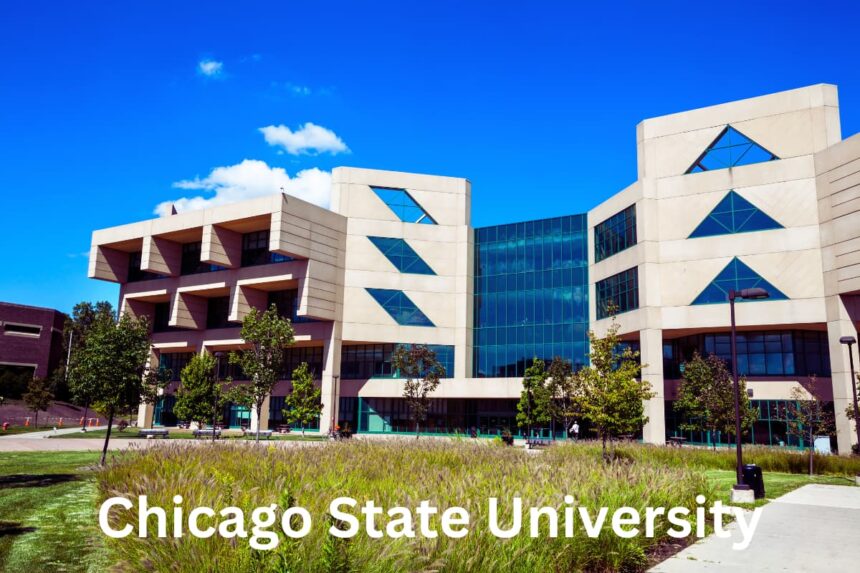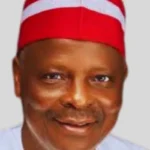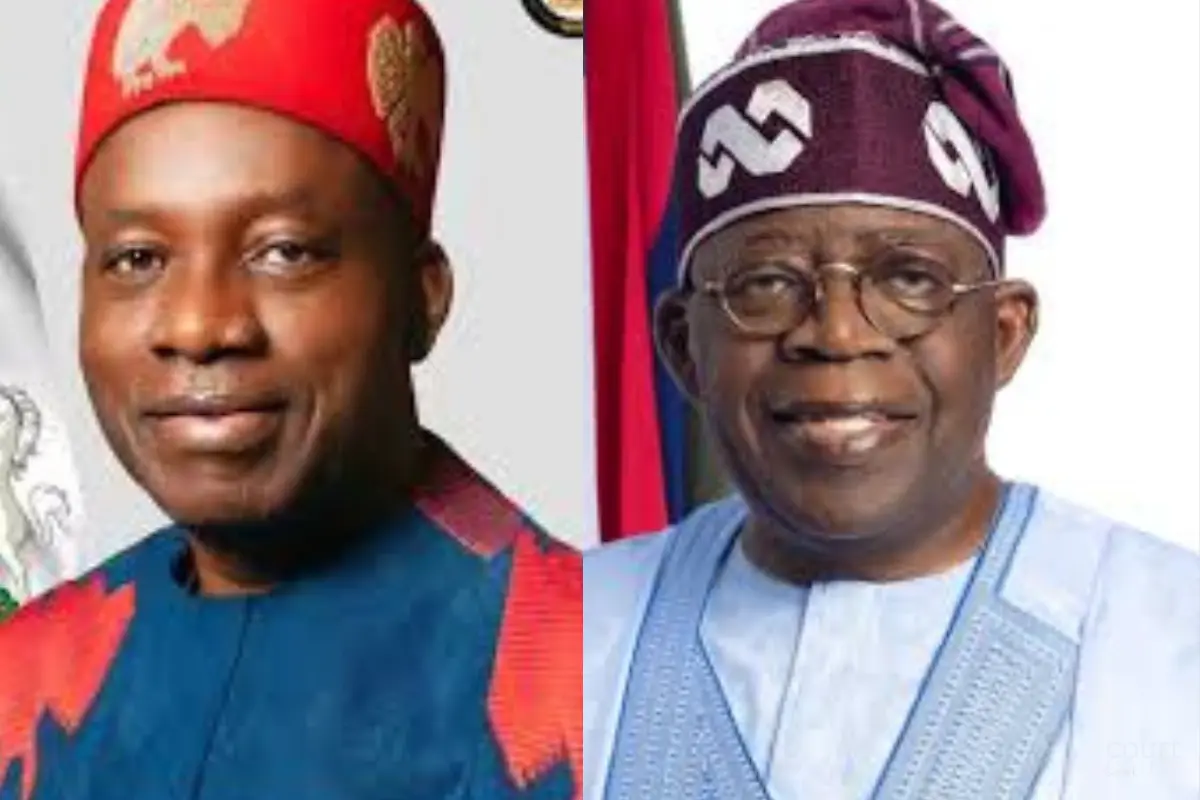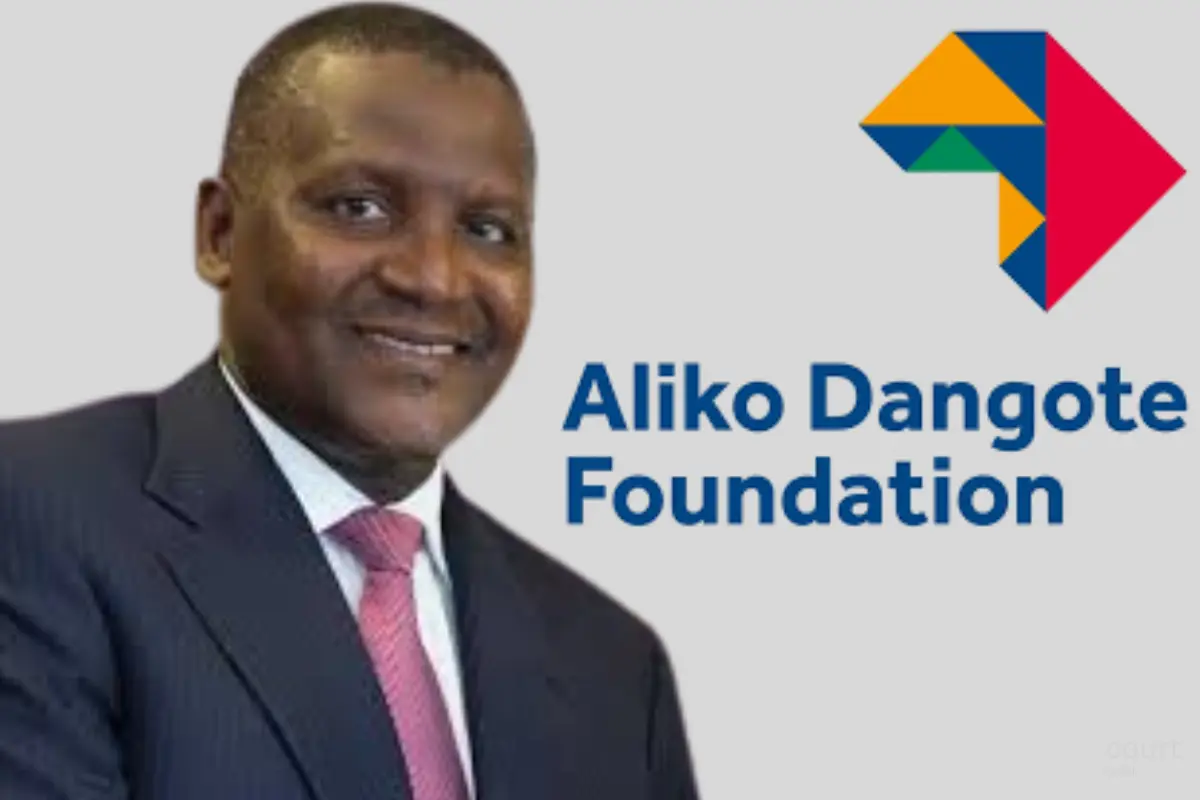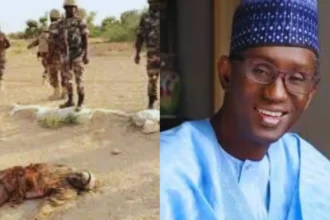In a bid to address mounting international scrutiny over his past and rebuild his global standing, President Bola Ahmed Tinubu has hired prominent U.S. lobbyists to advocate for his credibility among American lawmakers and policymakers. According to People’s Gazette, the initiative follows extensive media coverage of allegations linking the Nigerian leader to drug trafficking and academic fraud, which have cast a long shadow over his presidency.
The president’s administration enlisted the services of David Spaulding, a Philadelphia-based public relations expert and principal at Lenape Legal, as part of a broader campaign to reshape perceptions in Washington. Documents obtained by People’s Gazette indicate that the lobbying efforts commenced in April 2024, after Mr. Tinubu’s controversial legal battles dominated public discourse and culminated in a Supreme Court ruling that upheld his presidency.
A senior official within the administration revealed that the decision to engage lobbyists stemmed from concerns that lingering negative perceptions were hampering Mr. Tinubu’s ability to engage meaningfully with international leaders. “The president feels the bad stories are hindering his governance,” the official said, requesting anonymity.
While President Tinubu has participated in key global summits, including those in France and Saudi Arabia, critics argue that his foreign engagements have yet to yield substantial diplomatic or economic benefits. Insiders have expressed frustrations over what they describe as limited access to meaningful foreign policy opportunities, a sharp contrast to the international successes of previous Nigerian administrations.
The lobbying effort, valued at $2.7 million, has reportedly brought on board multiple firms, including Lenape Legal and Global Strategy, a U.S.-based reputation management company. Mr. Spaulding’s firm secured an annual contract of $130,000, supplemented by additional salaries for team members. However, precise details of how these services are funded remain unclear.
Opposition groups have raised concerns over the financial transparency of the campaign, questioning whether public funds were diverted to address personal image challenges. The administration has declined to confirm whether the expenses were sourced from private or federal accounts.
President Tinubu’s tenure has been plagued by allegations tied to his past activities, including claims of narcotics-related offenses and the submission of falsified academic credentials to Nigeria’s electoral body, INEC. In 1993, Tinubu forfeited $460,000 to U.S. authorities following an investigation into suspected drug-related proceeds, a matter that resurfaced in 2022.
His academic record from Chicago State University has also been called into question. Multiple inconsistencies in the university’s documentation, revealed through legal battles, suggest that Tinubu may have submitted forged documents during his political rise. Despite these revelations, Nigeria’s Supreme Court dismissed challenges to his election victory, allowing him to retain the presidency.
Opposition leader Atiku Abubakar has played a pivotal role in highlighting these controversies, leveraging them to question Tinubu’s legitimacy both domestically and internationally. Investigative journalist David Hundeyin further amplified the issue through a widely circulated documentary detailing Tinubu’s alleged ties to narcotics networks.
International relations have also been strained under Tinubu’s leadership. Diplomatic setbacks, such as the reversal of agreements by the United Arab Emirates following Tinubu’s visit in September 2023, have highlighted the challenges his administration faces in securing global partnerships.
Domestically, Tinubu’s administration has been criticized for alleged corruption and nepotism in key appointments. High-profile figures within his government have faced accusations ranging from forgery to money laundering, further eroding public confidence. A recent report by the Organized Crime and Corruption Reporting Project ranked Tinubu among the world’s most corrupt leaders, fueling criticism of his governance approach.
While the administration has touted the lobbying efforts as a step toward restoring Nigeria’s image, critics argue that addressing systemic issues within the country would yield more meaningful results. With Nigeria’s economy under pressure and international skepticism growing, President Tinubu faces mounting challenges in reshaping both his personal reputation and the country’s global standing.
